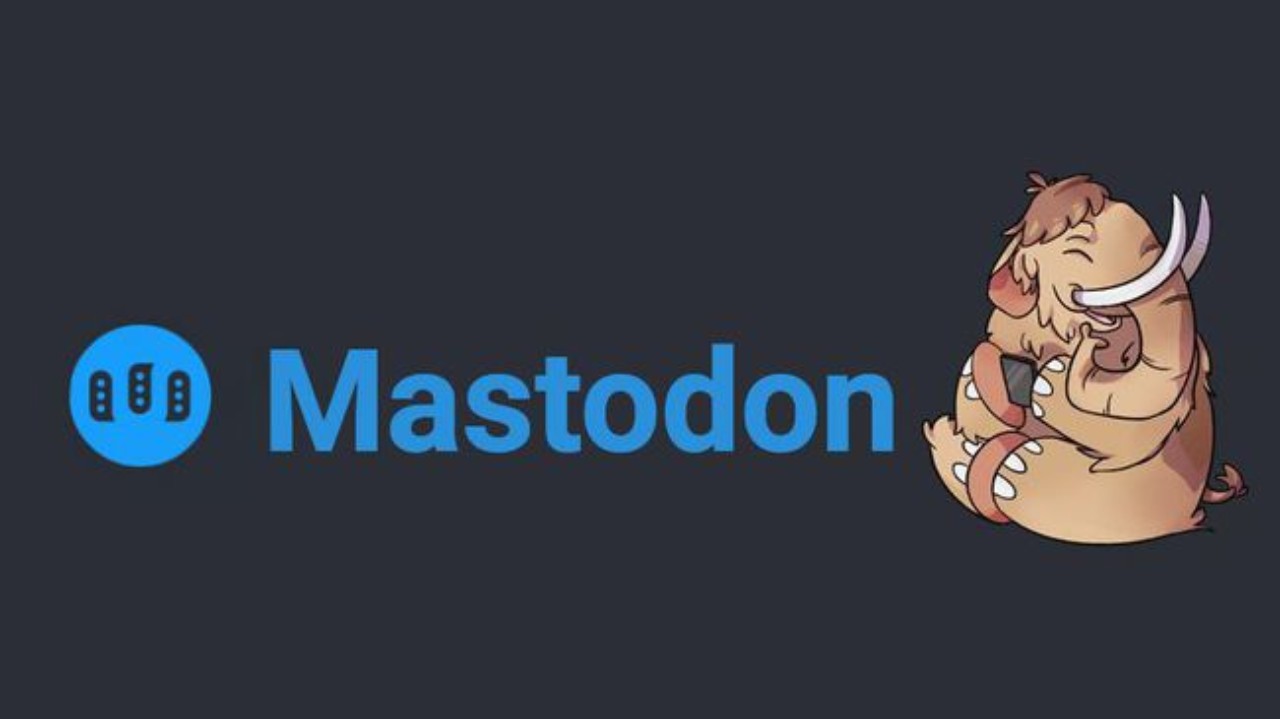
Twitter Might Be Extinct but There is a Mastodon on the Horizon
November 24, 2022 - Reading time: 4 minutes
On last Thursday evening, users took to the platform to write what they feared might be their final posts, offering anxious farewells and listing the other (more stable) social media platforms where they can still be found. The hashtag #RIPTwitter was the top trending topic around the world during this time.
The microblogging platform Twitter has descended into complete anarchy just a few short days after Elon Musk took full control of the company. The unusual business practices of the tech millionaire not only unnerve consumers and advertisers, but he has also created panic and anxiety within the company by cutting a significant number of jobs.
They were responding to the ominous news that was coming out of Twitter at the time. On Thursday, it appeared that scores of the remaining employees at the social media company rejected owner Elon Musk's ultimatum to work "extremely hardcore," which threw the communications platform into complete disarray and raised serious questions about how much longer it will continue to survive.
Email was used to inform numerous employees of their termination from the company. According to Wendy Musell, an expert on employment law in the state of California, this is a method that is extremely uncommon. It is not typical for Silicon Valley technology companies to go public when they are doing layoffs. They are concerned about unfavorable front-page coverage.
I'm curious as to how the stock price of the company currently stands.
I have been considering rejoining social media, which may come as a surprise to some of my followers; but, instead of Facebook or Twitter, I am considering joining Mastodon at this moment.
Mastodon is a social media platform that was developed by Eugen Rochko in 2016 and operates without a central server. Eugen Rochko, then a student in Germany at the age of 21 and upset by the manner in which social media platforms handled user data, decided in 2012 to create his own platform. Particularly troubling to him was the manner in which Twitter censored tweets in some nations. As a result of this, he developed his own own social media network, which he called Mastodon.
Mastodon is a decentralized social media network that removes the worry of censorship from users' ability to connect with one another. Because the platform is based on open-source software, anyone is free to contribute to its development in any way they see fit. Mastodon has quickly emerged as one of the most prominent and widely used alternative social media platforms since it was first introduced in 2016.
According to Rochko, the reason he established Mastodon was because he wanted to build a social media network that would respect the privacy of its users and allow them authority over the data associated with their accounts. He has also expressed the hope that Mastodon will contribute to the establishment of a more civilized atmosphere on the internet, one in which users will be able to engage in productive conversations without the fear of being banned or harassed.
It was conceived as a response to a piece of open-source software known as GNU Social. Mastodon is a social media network that is comparable to others, such as Twitter and Facebook. However, unlike those networks, Mastodon is decentralized, which means that there is no central server that governs the network. Instead, Mastodon is a network of smaller servers, which are referred to as "instances," and each instance is managed by a different person or organization. Because of this, Mastodon is less susceptible to being censored or controlled by the government.
In response to the ever-increasing concentration of power within social media networks, the Mastodon platform was developed. Rochko was concerned that the free and decentralized nature of the Internet was being harmed by the concentration of power in a few giant firms. He saw Mastodon as a means of establishing a social media network that would be more impervious to censorship and control and saw it as an opportunity to accomplish so.
Mastodon has rapidly expanded to become one of the most prominent decentralized social media networks since it was first introduced. More than 2 million people utilize it, and there are 35,000 registered instances. Mastodon is currently available in more than 50 languages, and users may be found in every region of the world.
